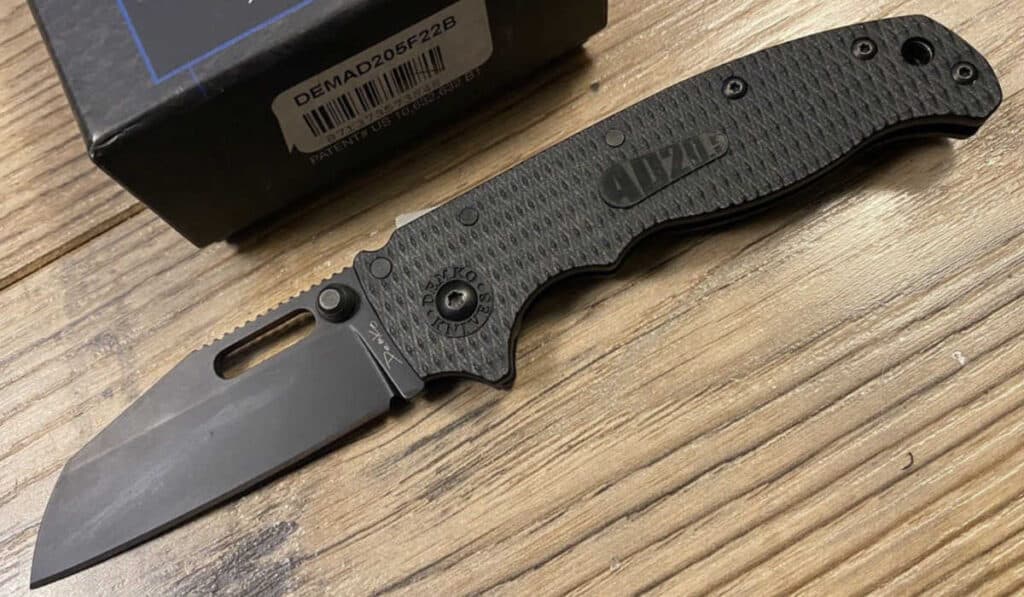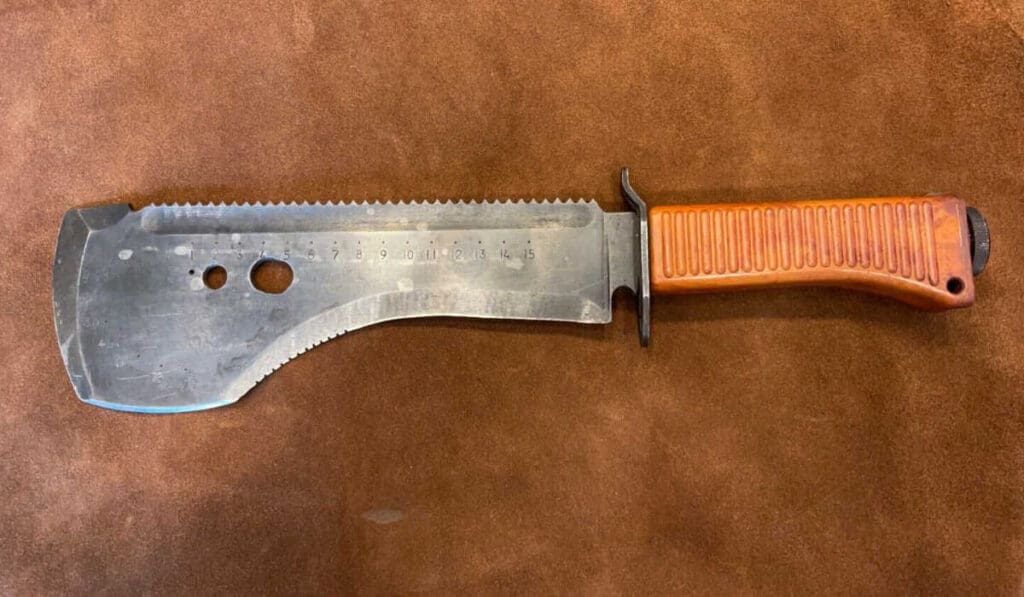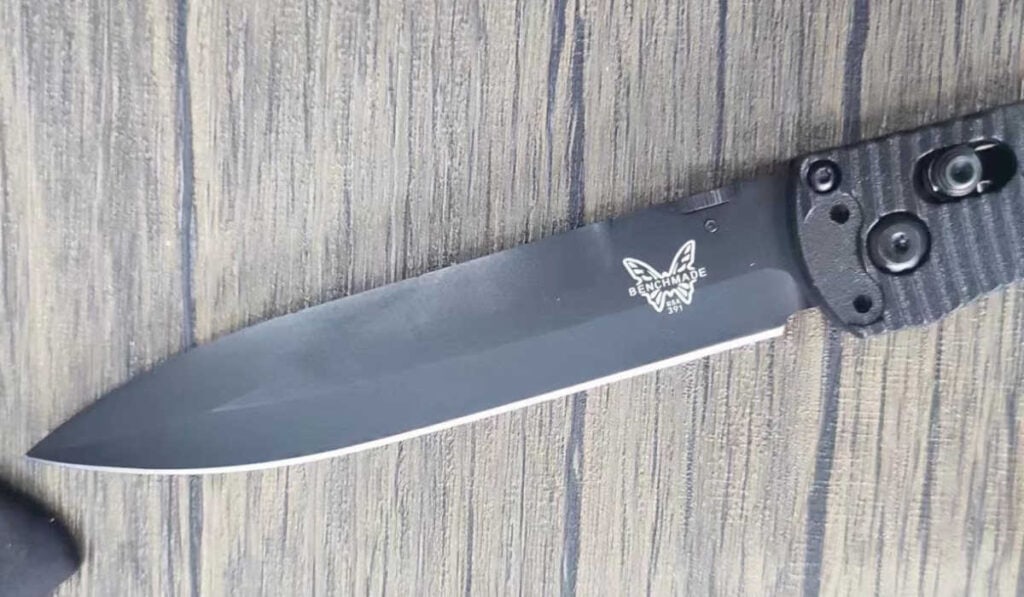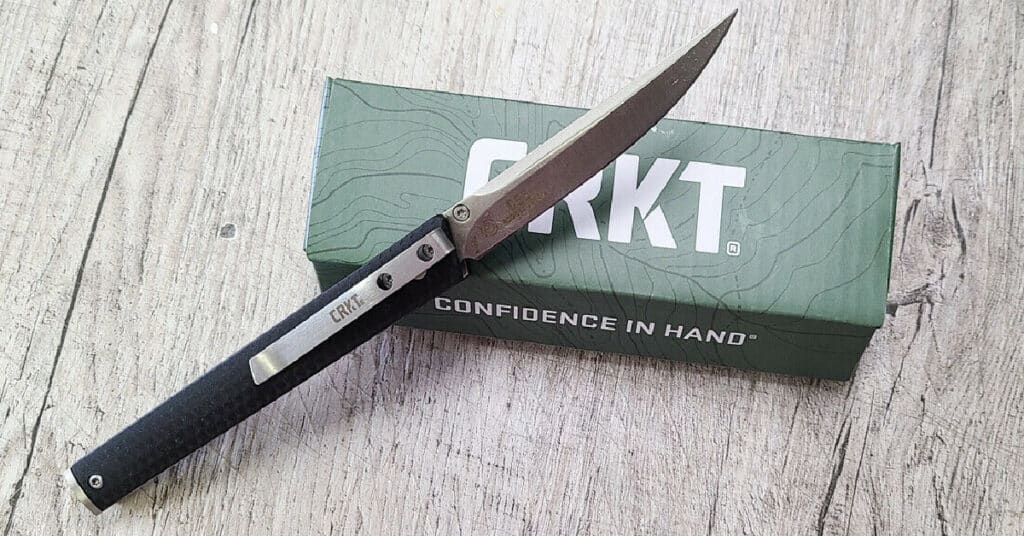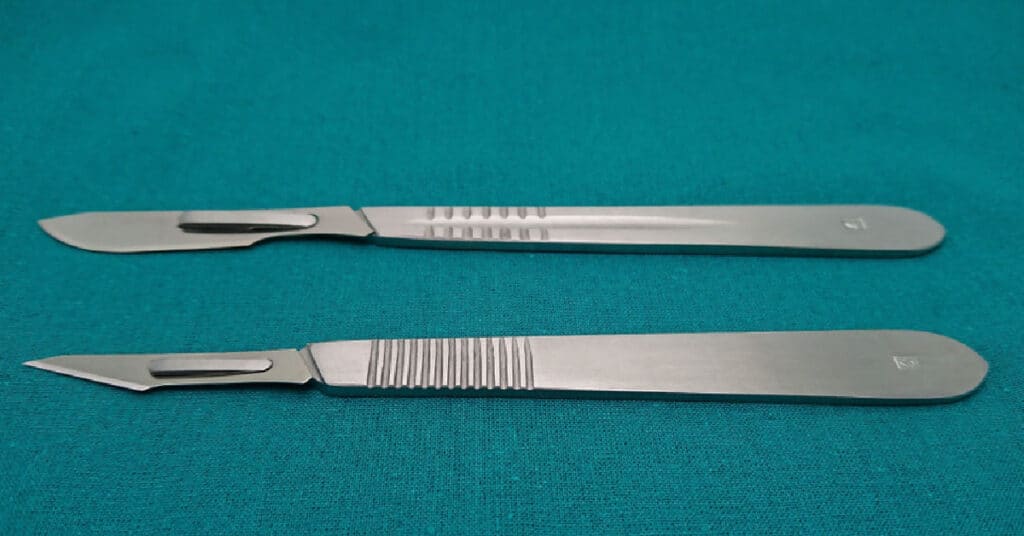Last updated on October 20th, 2023 at 08:40 pm
As an Amazon Associate I earn from qualifying purchases.
In Illinois, the right to keep and bear arms is recognized, but there are certain restrictions when it comes to carrying knives, firearms, and other dangerous weapons. This article aims to demystify the knife laws in Illinois which can sometimes be complex due to the inclusion of intent within the legislation. For a comprehensive understanding, consulting a lawyer or someone in law enforcement is advisable.
Our Top Rated “50-State-Legal” Knives
*These knives are listed based on their broad legality across states, but always consult your local laws before making a purchase.
Does Illinois Have Statewide Preemption?
Illinois lacks statewide preemption for knife laws, allowing local cities, towns, and counties to impose their own restrictions on the possession and carrying of knives. This layering of laws can make understanding knife ownership more intricate as individuals must comply with both state and local regulations.
Legal Knives in Illinois
In Illinois, you can legally own and carry the following types of knives, provided the blade length is 3 inches or shorter:
- Balisong (Butterfly) knives
- Bowie knives
- Disguised knives (e.g., cane knives, belt knives, lipstick knives)
- Pocket knives
- Folding knives
- Utility knives
- Hunting knives
- OTF (Out the Front) knives, including switchblades, gravity knives, and other automatic knives
Illegal Knives in Illinois
The law prohibits the possession of the following knives in Illinois:
- Ballistic knives
- Throwing stars
Possession of Switchblades
Since 2017, Illinois law permits the ownership and carrying of switchblade knives provided you possess a valid Firearms Ownership Identification (FOID) card. You can apply for a FOID card if you are 18 or older with parental consent, or 21 or older. It costs $10, with a waiting period of 30 days for processing.
Illinois Dangerous Weapons
In Illinois, a knife with a blade length exceeding 3 inches is generally classified as a dangerous weapon. However, in Chicago, the blade length restriction is 2.5 inches due to local ordinances. Other items classified as dangerous weapons include:
- Daggers
- Dirks
- Axes
- Hatchets
- Blackjacks
- Metal knuckles
Illinois Knife Carry Laws
The laws are clear about the illegal carrying or possession of certain weapons in Illinois:
- It’s generally illegal to carry or possess any dangerous weapon, with knives having blades longer than 3 inches falling into this category.
- Carrying or possessing a dangerous weapon with the intent to use it against another person is prohibited.
- It’s illegal to carry or possess a dangerous weapon while masked to conceal identity.
Illinois Concealed Carry Laws
While Illinois state law doesn’t explicitly address concealed carry of knives, local ordinances, particularly in Chicago, have regulations on concealed carry, especially for knives with blades longer than 2.5 inches.
Illinois Knife Length Laws
As mentioned, a knife with a blade longer than 3 inches is considered a dangerous weapon in Illinois. However, in Chicago, the blade length restriction is tighter, with a limit of 2.5 inches.
Exemptions
Certain individuals are exempt from the knife laws in Illinois, including:
- Government employees
- Peace officers
- Law enforcement personnel on active duty
Illinois Knife Laws by Demographic
Let’s delve into how knife laws in Illinois apply to different demographics.
Age Restrictions on Knife Possession
There isn’t a specific state-wide age restriction for carrying knives in Illinois, but local laws may apply, especially in cities like Chicago.
Can a Felon Carry a Knife in Illinois?
It’s illegal for a convicted felon to knowingly possess a dangerous weapon in Illinois. Unlawful possession could result in a felony charge, with sentencing varying based on the specifics of the case.
Illinois State Knife Law References
Official Sources of Illinois’ Knife Laws
- Illinois Compiled Statutes (ILCS): The primary legal code, specifically under 720 ILCS 5/24-1, which outlines the unlawful use of weapons including knives.
Significant Court Cases
| Case Name/Title | Summary |
|---|---|
| People v. Sito | A case where the court defined the blade as any non-handle portion of the knife. |
| People v. Yost | Yost was charged with multiple counts of first-degree murder in connection with a fatal stabbing of his former girlfriend. Issues arose regarding counsel representation and a motion for a new trial was filed. |
Timeline of Major Changes in Illinois’s Knife Laws
- Pre-2017:
- Prior to 2017, possession and carrying of switchblades, ballistic knives, and throwing stars were prohibited as per Illinois State Law 720 ILCS 5/24-1.
- A specific law targeted at minors was implemented, under statute 105 ILCS 5/10 22.6, which states that any student in possession of a knife while on school grounds could be expelled for a duration between one and two years.
- August 11, 2017:
- Illinois Senate Bill 607 (SB 607) was signed, allowing the possession and carrying of automatic knives for citizens possessing a Firearm Owner’s Identification Card (FOID), without requiring a firearms concealed carry permit.
- 2017-2021:
- The laws remained relatively consistent, with restrictions on switchblades, ballistic knives, and certain other types of knives unless carried for self-defense purposes, as per Public Act 100-0082 of Illinois.
- August 27, 2021:
- Amendment Senate Bill 607 was signed by Governor J.B. Pritzker, which was issued on January 1, 2022, legalizing the possession, sale, carry, and manufacture of switchblades for individuals with a valid Firearm Owner’s Identification Card.
Conclusion
As an Amazon Associate I earn from qualifying purchases.





